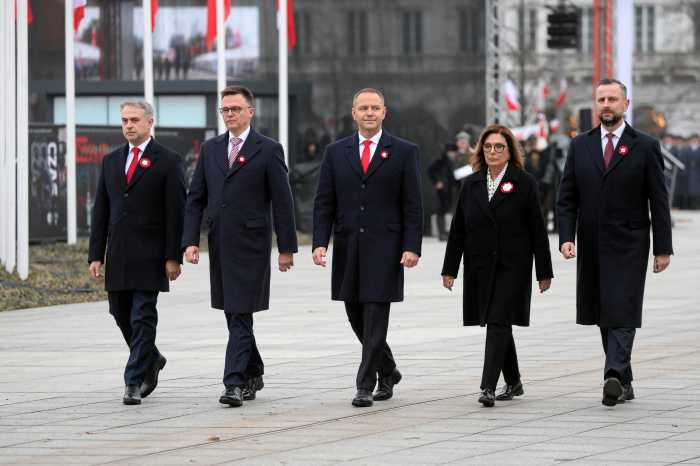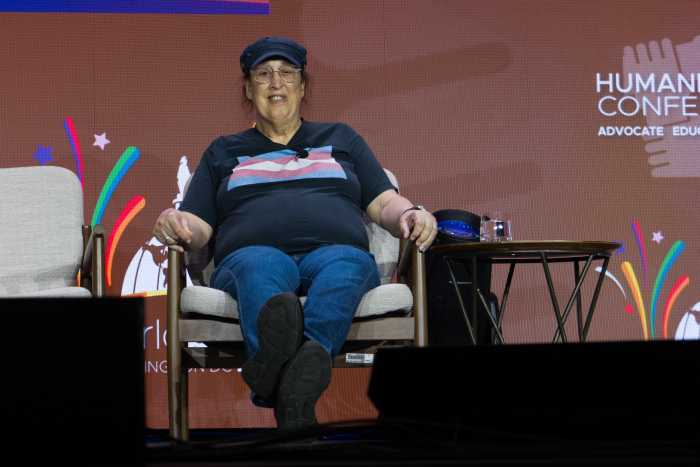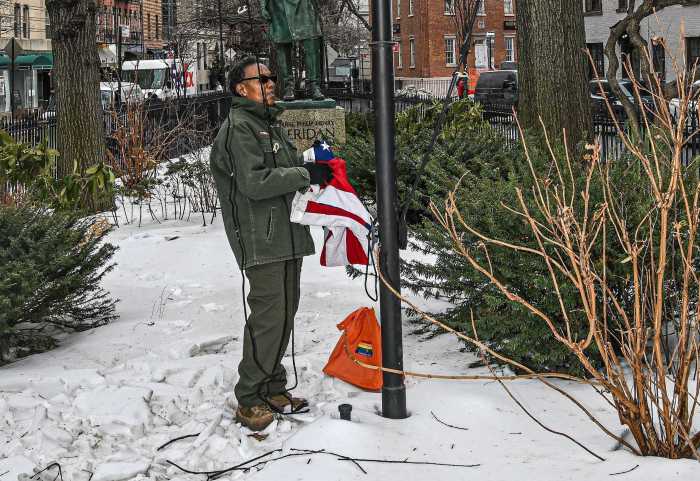LGBTQ activists in Taiwan are regrouping just weeks after voters in the November midterm election overwhelmingly passed a referendum defining marriage as a union between one woman and one man.
The activists remain determined to push back on an American-driven conservative wave that has influenced public opinion in the island nation, which has seen cracks in its reputation as an LGBTQ-friendly area of Asia.
The LGBTQ community there was buoyed by a 2017 constitutional court ruling that declared a ban on same-sex marriage within the civil code unconstitutional and provided the government with a two-year window to legalize marriage equality. That ruling sparked outrage on the right — driven in part by US groups such as the National Organization for Marriage (NOM) — that saw the election as an opportunity to propose referenda targeting marriage equality and LGBTQ education in schools.
LGBTQ activists tried their best to push against the opposition by proposing referenda of their own, but the anti-gay groups overpowered them with a multi-million dollar advertising campaign.
Lawmawkers are looking to implement one referendum that did pass — to amend the law in a way that gives same-sex couples rights outside of the civil code’s definition of marriage — and Taiwan’s justice minister, Tsai Ching-hsiang, said last week that a bill on that would be presented in the coming months.
But advocates are skeptical of the bill because it avoids current civil code provisions and might not include adoption rights for same-sex couples.
Taiwanese-American activist Lance Chen-Hayes, who has traveled to Taiwan to lend a helping hand to the marriage movement there, called the bill “watered down” and said it is important to remember that the 2017 court ruling specifically directed the government to allow same-sex couples to begin applying for marriage licenses if no laws are passed by May 24 of next year.
“The court still overrides the referendum,” Chen-Hayes said in an interview with Gay City News. “So now we’re just waiting to see what kinds of laws are passed.”
In a clear sign of the rocky political climate in Taiwan, President Tsai Ing-wen resigned from her post as the leader of the ruling Democratic Progressive Party (DPP) after suffering major losses in the midterm election.
The Taiwan Alliance to Promote Civil Partnership Rights, an advocacy group in Taiwan, blasted the DPP after the election, labeling its leaders as “weak” and demanding that they propose a bill “that fulfills the requirements of ‘freedom to marry’ and ‘equal protection of the rights.’”
Chen-Hayes said opinion polls just two years ago showed that more than half of the population supported marriage equality. But now it is not clear whether the legislature can muster enough support to pass a same-sex marriage bill before the May 24 deadline. To date, he said, there has been no momentum coming from elected officials.
In the meantime, activists are focusing on a grassroots campaign to counter disinformation and win back the minds of a population that grew more opposed to same-sex marriage during the referenda campaign. Marriage Equality Coalition Taiwan, which held a fundraiser at the Stonewall Inn before the election, has held town halls in different cities in Taiwan to educate and engage with people on the issue of marriage.
“The grassroots effort allow for more 1-on-1 conversation,” Chen-Hayes said. “It is just an information campaign on a different level to help people understand.”
Jennifer Lu, who is chief coordinator of Marriage Equality Coalition Taiwan, did not respond to requests for comment on the group’s next move. The Taiwan Alliance to Promote Civil Partnerships also could not be reached for comment.


































